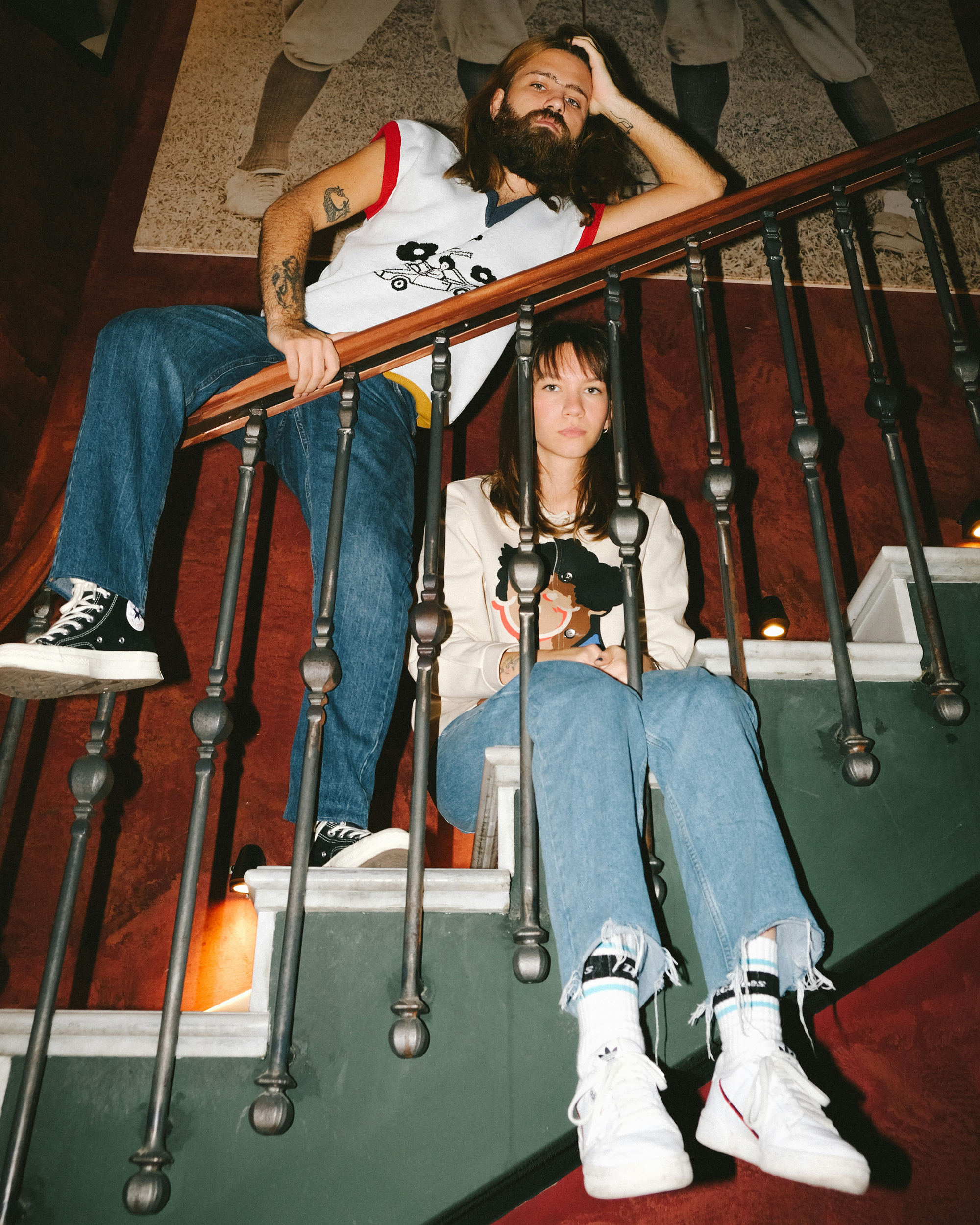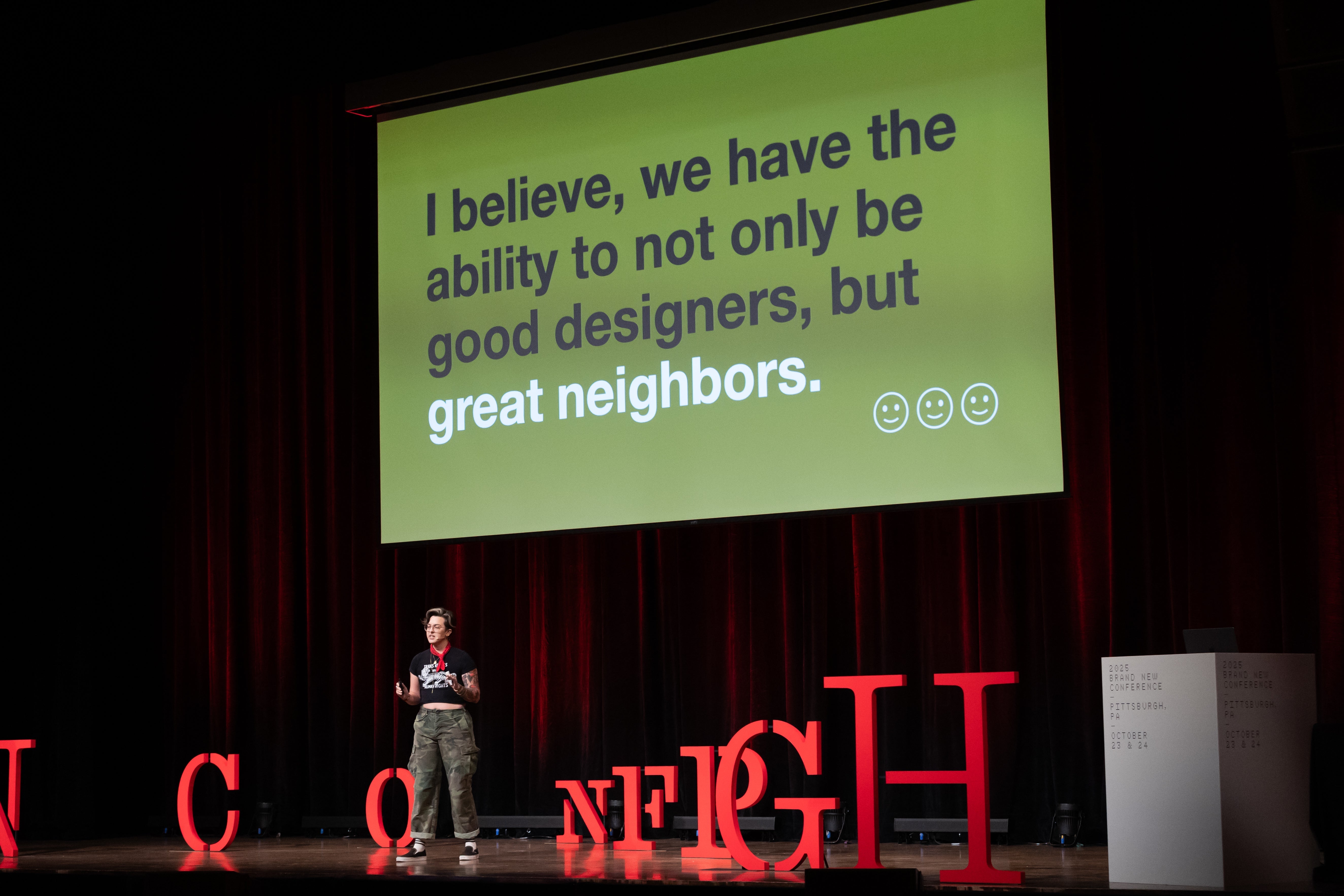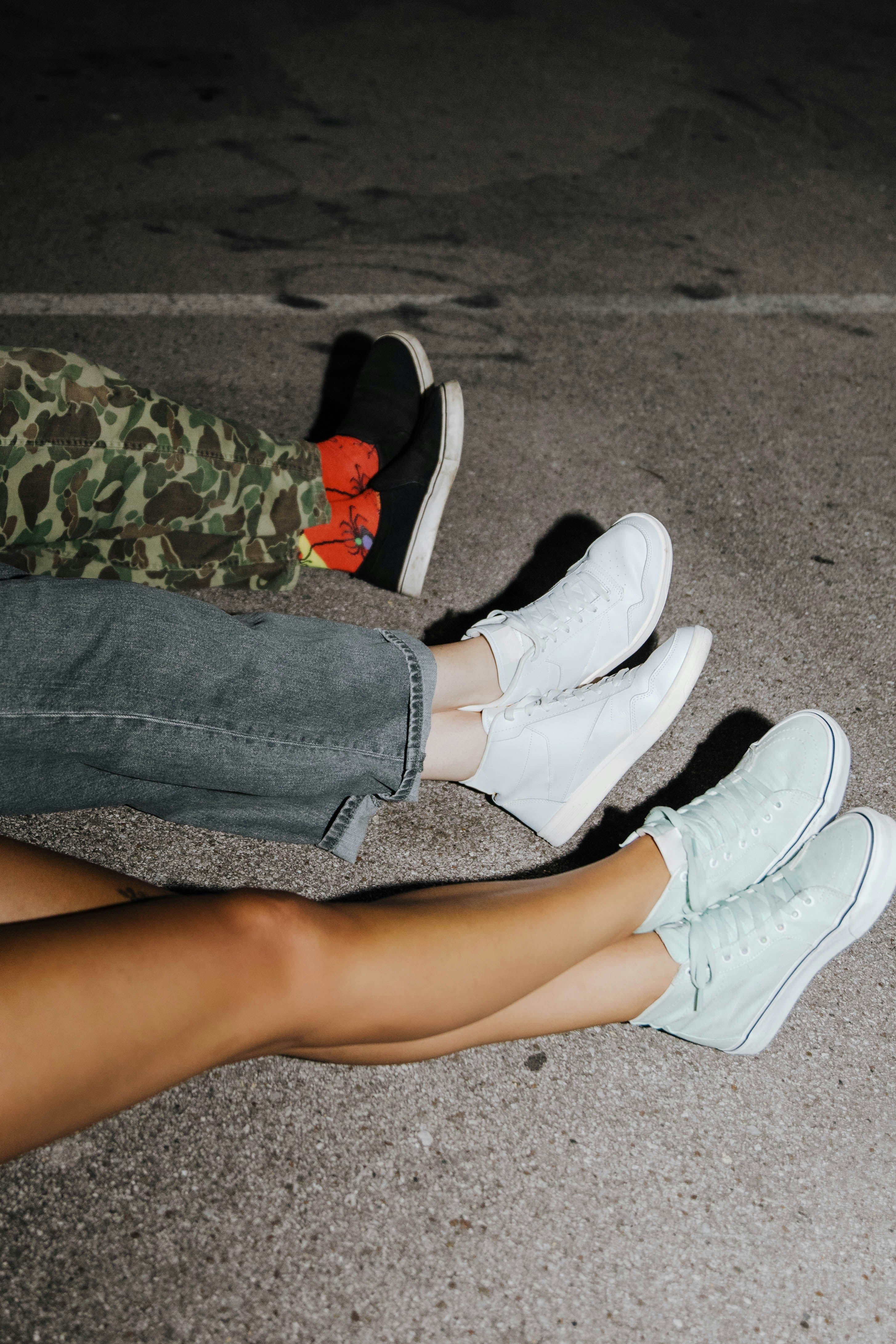Just as an artist develops their aesthetic and technique over time, it’s only natural as a brand designer to build a certain ethos for the work you put out into the world. I spent many of my early years building up brands for businesses that were perfectly fine and decent, but I struggled to feel connected to the work I was creating because they were primarily focused on more instead of better. In our capitalistic society, the IRL algorithm leans heavily in favor of businesses that offer more and pay less while exploitation thrives behind the scenes. So we should ask, if we can’t remove ourselves from capitalism, can we build brands that question this system? Can we create business models that honor workers, reduce harm, embrace non-conformity, support mutual aid, and builds a more inclusive world? Can we break down how business should be for how it could be?
How very punk of you to ask.
I want to take a brief pause to address my own privilege in this. As a white, mostly able-bodied, mostly femme-presenting, neurodivergent, and nonbinary queer person with pretty privilege, I understand that being able to “deny conformity” is a luxury that I have that not everyone has access to. Being self-employed is a privilege. Being able to turn away work is a privilege. Being able to selectively turn away from consumerism and capitalism is a privilege. I do my best to self-educate, do harm-reducing work where I can, and give back where I can. But I will always have more work to do. This post is written through this lens.
So, what does it mean to be punk?
Most of us associate punk with non-conformity, eccentric style, and an affinity for The Ramones, yes, but its roots go much deeper. The general tenants of punk are based in anti-authoritarianism, anti-corporate greed, anti-consumerism, harm reduction, inclusivity, a do-it-yourself attitude, and elevating the voice of the “little man.” The punk ethos calls us to question oppressive structures and build communities of support and liberation.
Understanding that brief assessment, here are some things that don’t seem punk, but are, in my opinion, incredibly punk:
-
Sustainability
-
Eco-Consciousness
-
Accessibility
-
Reciprocity
-
Consent and autonomy in the workplace
-
Hiring, supporting, honoring, and adequately compensating people who have been historically marginalized
-
Turning down opportunities or collaborating with someone that is better suited for someone who has been historically marginalized
-
30-hr *maximum* work weeks
-
Paying liveable wages instead of minimum wages
I could go on, but I digress.
Here are some questions I invite you to consider in regards to how your brand can be more punk:
-
Is my brand using language that is expansive and inclusive?
-
Are my advertising/marketing practices respectful and consensual towards my clients/customers?
-
Is my photography inclusive of all identities, not just my own? (White, cis-gendered, heteronormative, able-bodied, etc)
-
Am I using the likeness or language of marginalized folks to market my brand when I don’t offer a safe space or access for them within it?
-
Are my vendors, clients, or professional partnerships working to build safe and sustainable communities?
-
Are my customers receiving value that is equivalent to the value of their purchase?
-
What is my design/marketing team doing to reduce harm?
-
Is my brand choosing appropriation over appreciation or not giving back to these communities?
-
Does my brand offer opportunities growth, expansion, connection, solutions, abundance, ‘better’ or just more stuff?
-
What is my brand doing to build community and belonging?
-
How am I building a culture of honor, reciprocity, and inclusivity?
-
Are my offerings creating more waste or noise in an already saturated world?
-
Am I doing the best I can to divest abundance to marginalized communities?
-
How are you accessing your privileges and resources to help those that do not have access?
-
How am I honoring the needs and boundaries of the individuals that support my business (customers, clients, employees, etc)?
-
What does ‘enough’ look like?
And finally, what is the impact of the work I am creating?
In complete transparency, these are questions I ask myself every day. I will undoubtedly never be perfect at any of these because there will always be more to learn and do and understand. But we all must do our best and learn where we can. So how about we turn up The Ramones and get started, yeah?






Liked this post? Give it a share: